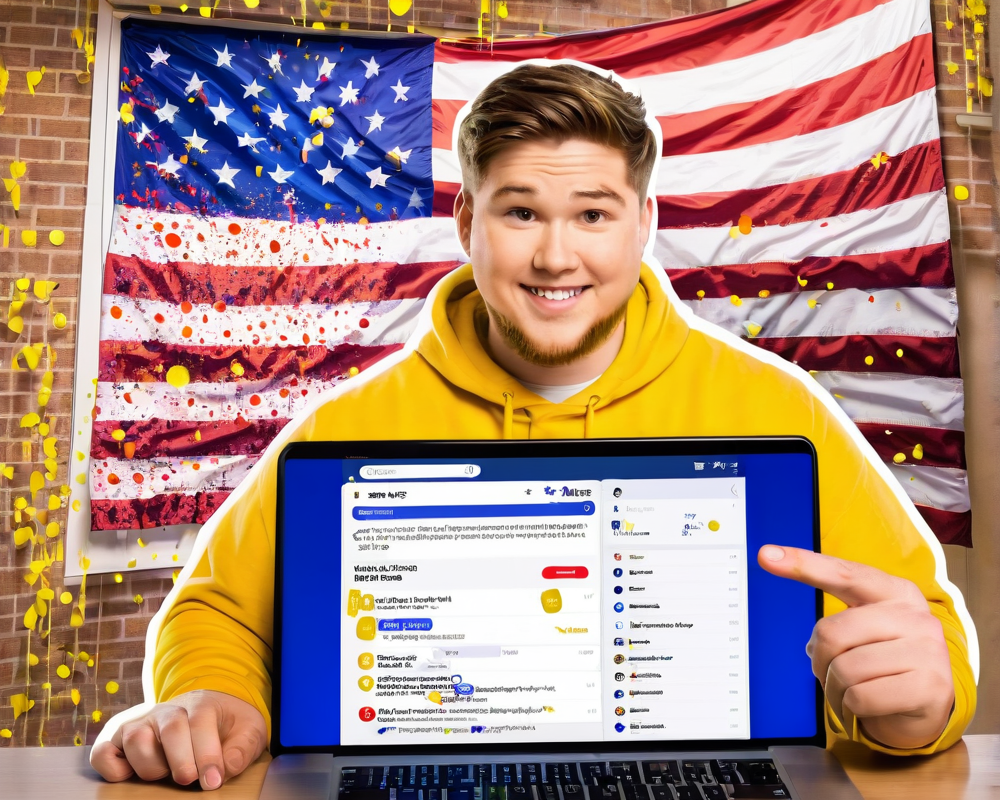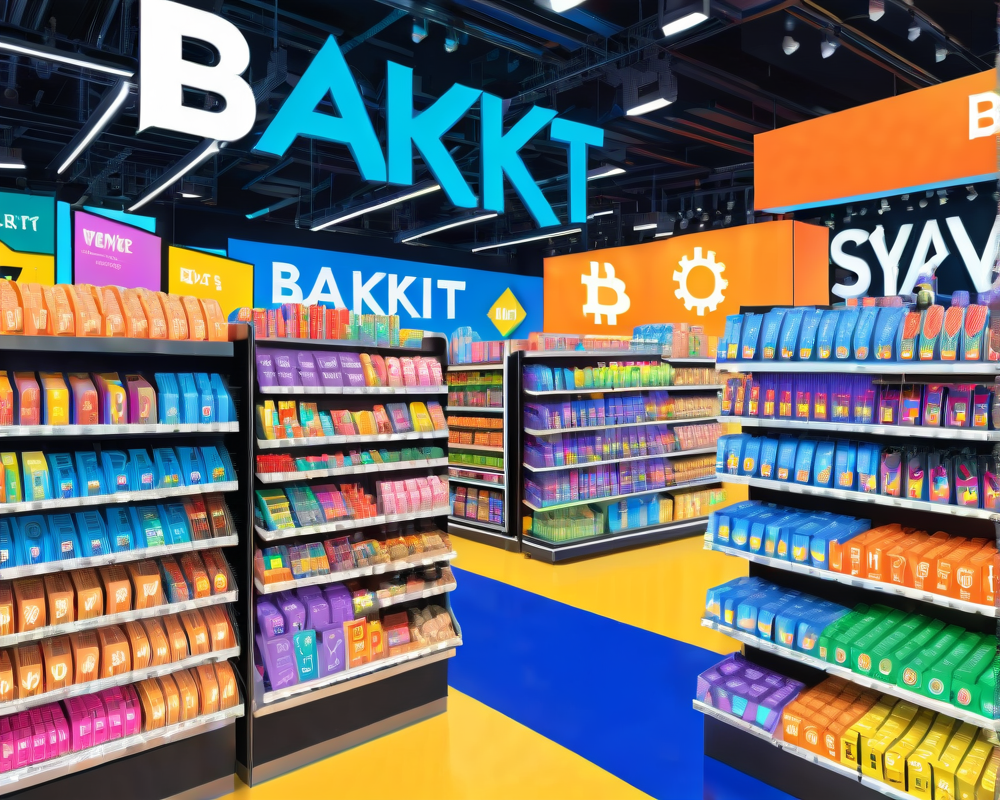The Attempted Intrusion into Voatz
In an eyebrow-raising saga that’s straight out of a tech-themed thriller, the FBI has launched an investigation into a student from the University of Michigan suspected of trying to breach West Virginia’s mobile voting app, Voatz. The plot thickened on October 5 when U.S. Attorney Mike Stuart revealed that this was not an all-out hack but rather an “unsuccessful attempted intrusion”—talk about a high-tech flop!
Security Checks: A Silver Lining
Despite the shenanigans, it’s a reliever to hear that not a single vote was changed. Imagine a world where all those high-tech features of Voatz really did their job—thank goodness for that! Stuart noted in his statement that during the 2018 election cycle, West Virginia’s own Secretary of State Mac Warner detected potential unauthorized activity. But don’t worry, folks, the hackers couldn’t even score a ballot.
Voatz: Fort Knox of Voting Apps
- Facial Recognition: Yes, it’s as creepy as it sounds, but it keeps those pesky intruders at bay.
- Thumbprints: Because just a password wasn’t enough.
- Voter-Verified Ballot Receipts: A handy feature ensuring voters double-check their input.
Warner explained, “Every safeguard designed for the system was very successful and worked as designed,” which is like a collective sigh of relief for voters everywhere. He made it clear: the attempted hack didn’t touch a single vote. In fact, he emphasized, “There’s absolutely no evidence that even a single vote was changed in the 2018 election.” Talk about a cybersecurity win!
Who Done It? The Michigan Connection
The FBI’s investigation hints that the nefarious attempt originated from IP addresses linked to the University of Michigan. It sounds like a plot twist—could this be a case study gone terribly wrong? According to some reports, this might have been part of an academic exercise on election security, which may lead to some serious discussions in class! “Hey, guys, remember that assignment on ethical hacking?”
Plans for Robust Security in Future Elections
Looking ahead, Warner’s office reassured everyone that robust security measures are being implemented as we gear up for the 2020 elections. Innovating to keep those pesky hackers away, it seems they have taken the words “better safe than sorry” to heart.
The Bigger Picture: Blockchain and Voting
In case you thought this was just about one app, there’s a larger narrative brewing involving blockchain and democratic governance. We live in interesting times! Companies like Æternity are pushing the envelope, partnering with political entities to ensure a transparent and decentralized approach to political decisions. Can blockchain save democracy? Only time will tell!




